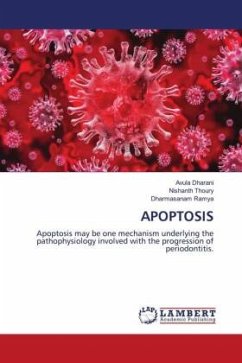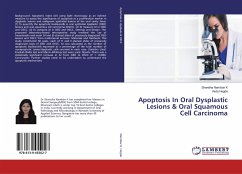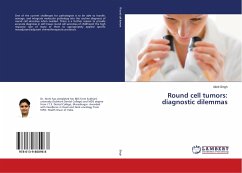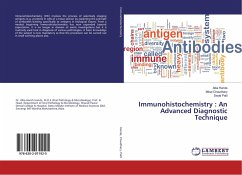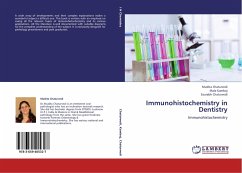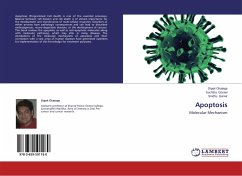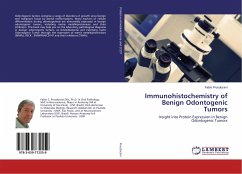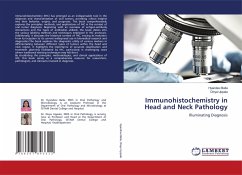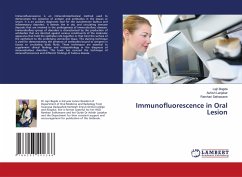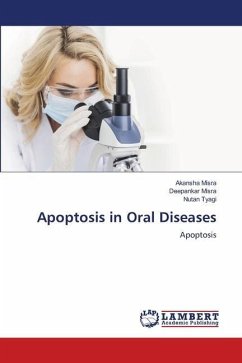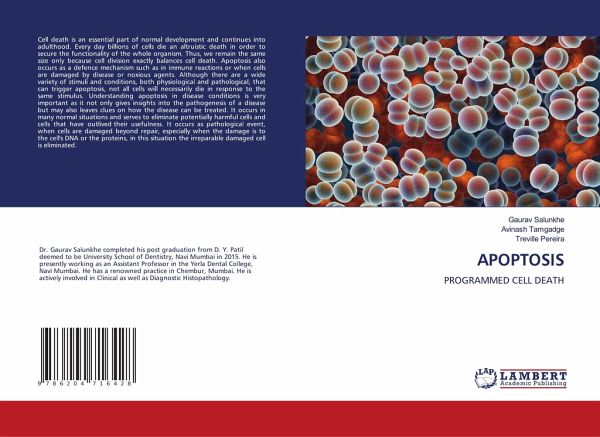
APOPTOSIS
PROGRAMMED CELL DEATH
Versandkostenfrei!
Versandfertig in 6-10 Tagen
36,99 €
inkl. MwSt.

PAYBACK Punkte
18 °P sammeln!
Cell death is an essential part of normal development and continues into adulthood. Every day billions of cells die an altruistic death in order to secure the functionality of the whole organism. Thus, we remain the same size only because cell division exactly balances cell death. Apoptosis also occurs as a defence mechanism such as in immune reactions or when cells are damaged by disease or noxious agents. Although there are a wide variety of stimuli and conditions, both physiological and pathological, that can trigger apoptosis, not all cells will necessarily die in response to the same stim...
Cell death is an essential part of normal development and continues into adulthood. Every day billions of cells die an altruistic death in order to secure the functionality of the whole organism. Thus, we remain the same size only because cell division exactly balances cell death. Apoptosis also occurs as a defence mechanism such as in immune reactions or when cells are damaged by disease or noxious agents. Although there are a wide variety of stimuli and conditions, both physiological and pathological, that can trigger apoptosis, not all cells will necessarily die in response to the same stimulus. Understanding apoptosis in disease conditions is very important as it not only gives insights into the pathogenesis of a disease but may also leaves clues on how the disease can be treated. It occurs in many normal situations and serves to eliminate potentially harmful cells and cells that have outlived their usefulness. It occurs as pathological event, when cells are damaged beyond repair, especially when the damage is to the cell's DNA or the proteins, in this situation the irreparable damaged cell is eliminated.



